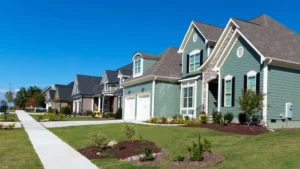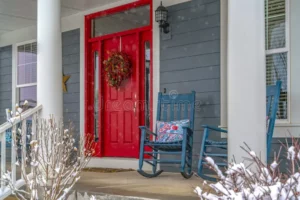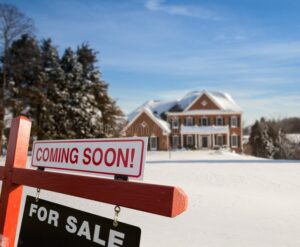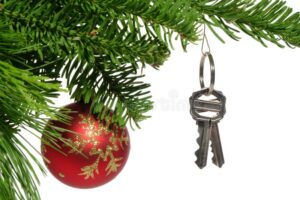It is important to get your home appraised before you put it on the market. The appraisal will also influence your asking price. You want to make sure your home is in the best condition possible so that it can be appraised for its highest value. There are other ways to increase the value of your house without undertaking major renovations.
Start Small with a little Spackle
If you have lived in your house for a while, you may have hung things up on the wall, installed shelves, or had an accident that caused minor damage. It’s time to fix those blemishes. Filling in these holes and crevices using a little spackle, and then painting over the area will make your walls look like new. This may not increase the value of your house, but it will prevent the appraiser from deducting the damage.
As long as you’re painting…
You might want to consider painting other areas after you have touched up your walls. Repainting worn-out borders and moldings can give your home a fresher look. Also, you can paint the trim around windows and doors. This will increase curb appeal and add value to your home. Retouch any area where the paint has peeled, chipped, or lost its luster.
Update Your Crawl Spaces
Crawl space encapsulation is a home update that is receiving more attention. Crawl spaces provide homeowners and contractors access to the deepest recesses in the home. These spaces are susceptible to water and moisture damage due to humidity, warmer temperatures and harsh weather conditions. To protect crawl space, homeowners are encapsulating or sealing the spaces with moisture-resistant materials. A polyethylene barrier, similar to a swimming-pool liner, is added to keep crawl spaces dry.
Do a Deep Clean
It is also a good time to thoroughly clean your house from top to bottom. You may not notice odors or damage, especially if you have pets and young children. Your appraiser will notice a strong pet smell or scuffs on a hardwood floor. Consider hiring a cleaning crew to do a thorough cleaning of your home, including shampooing the carpets and waxing the floors.
Other Repairs
You should at some point tour your house with the mindset of an interested home buyer. You will be able to see problems you may not have noticed before. Look for things that are in need of repair, such as a loose rail, dripping tap, or a shorted electrical socket. You will not lose money if you fix these problems before the appraisal.
Early Home Inspection
Consult an expert even if you believe you have done all you can to increase the appraised value of your home. A home inspection will help you identify issues that you might not be able to detect. This allows you to fix these items before putting the house on the market. It also ensures you can ask for a more competitive price. It’s better that you discover these problems now rather than have them impact the sale of your home in the future.
When selling your home, it is important to get a fair price, which includes the time and money you spent updating its features. You can increase the value of your home by thousands of dollars by taking the time to clean and spruce it up before the appraisal. These tips can be a good place to start. Your real estate agent will likely have more suggestions to help you maximize the value of your home.
Original Blog: https://realtytimes.com/archives/item/1027046-6-things-you-can-do-to-prepare-for-a-home-appraisal?rtmpage=






